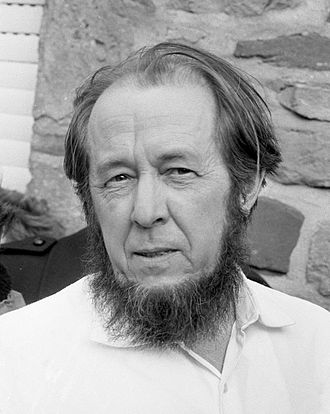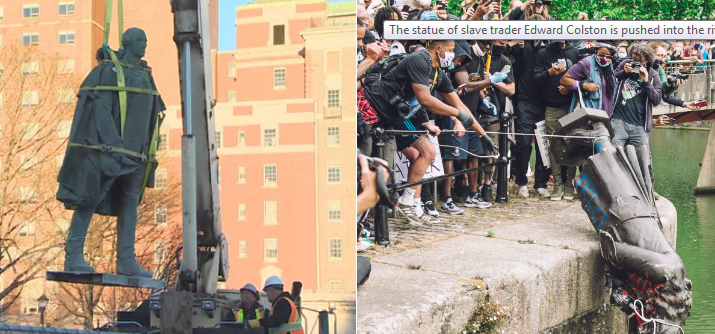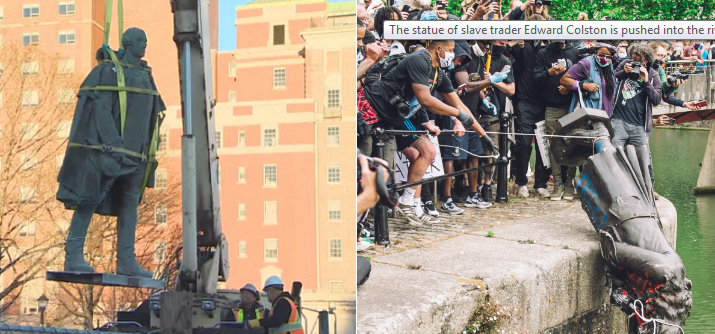This is a draft of Canada's Muslims in Critical Muslim|36 2021
Humanity has always been on the move since we descended from the trees, stood up and started heading for the horizon. We have always been at war with each other too, and as we developed more technology, our wars become more and more lethal. Enter imperialism. Voila Canada today.
US-Canada were settler colonies, unlike the Asian subcontinent, which was merely raped and pillaged, with no real intent for Britons to settle and replace the natives. So while colonial Muslims began appearing in the ‘mother’ country as sailors, servants, students, soldiers as early as the 17th century, there were few Muslims crossing the Atlantic.
It was not till the 19th century that a few brave souls popped up in Canada, the legendary wandering Lebanese, who spread out across both North and South America, and Albanian revolutionaries (Toronto's oldest Muslim community). Once the native Canadians were pushed aside, ‘Canadians’ were de facto (mostly) British and Irish white immigrants. The flow of Muslim immigrants into Canada was almost nonexistent till after WWII.










